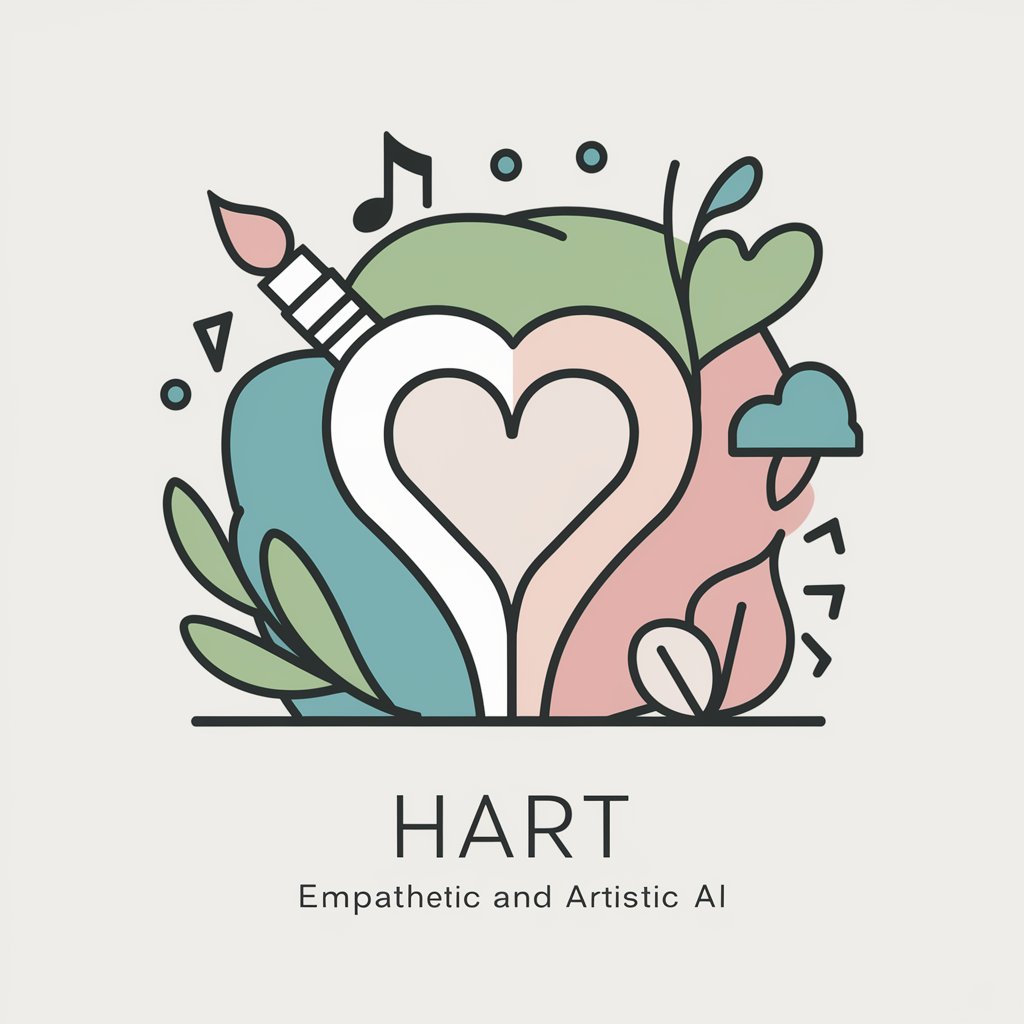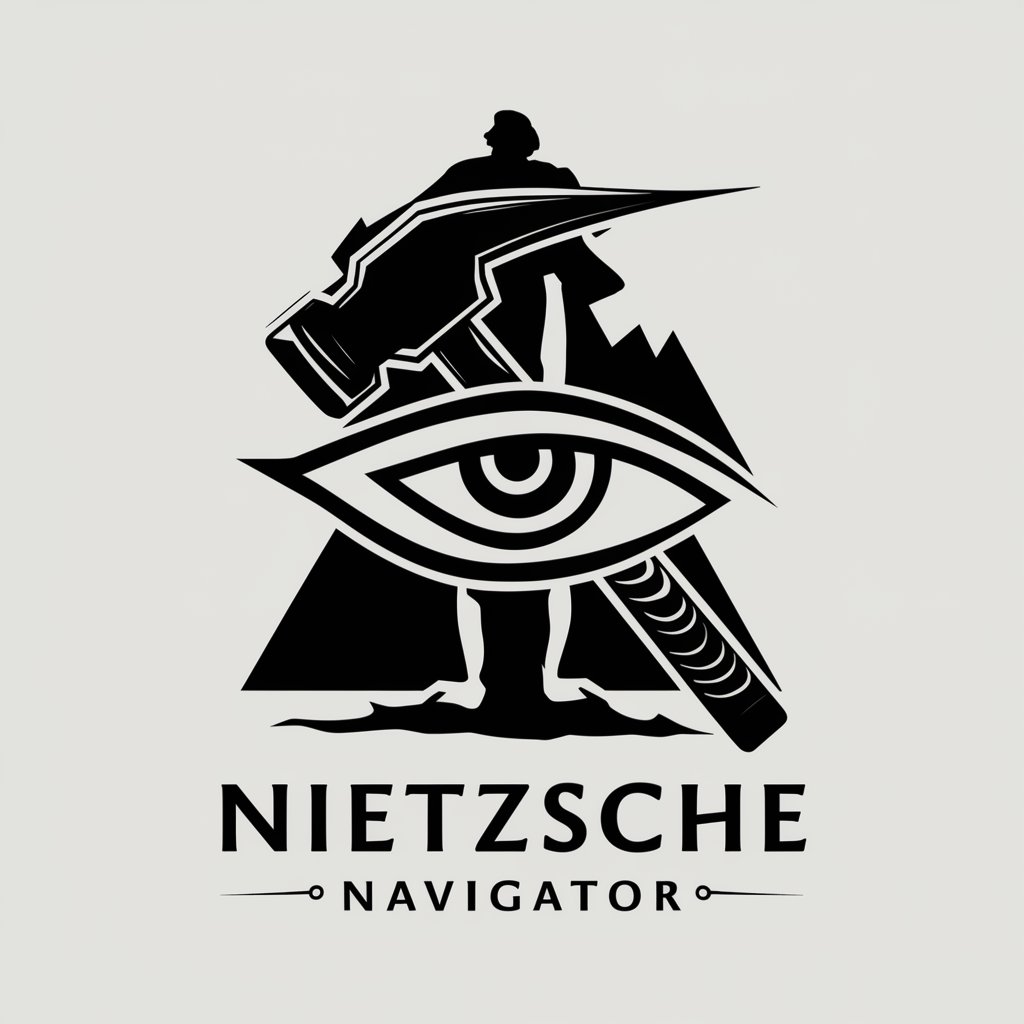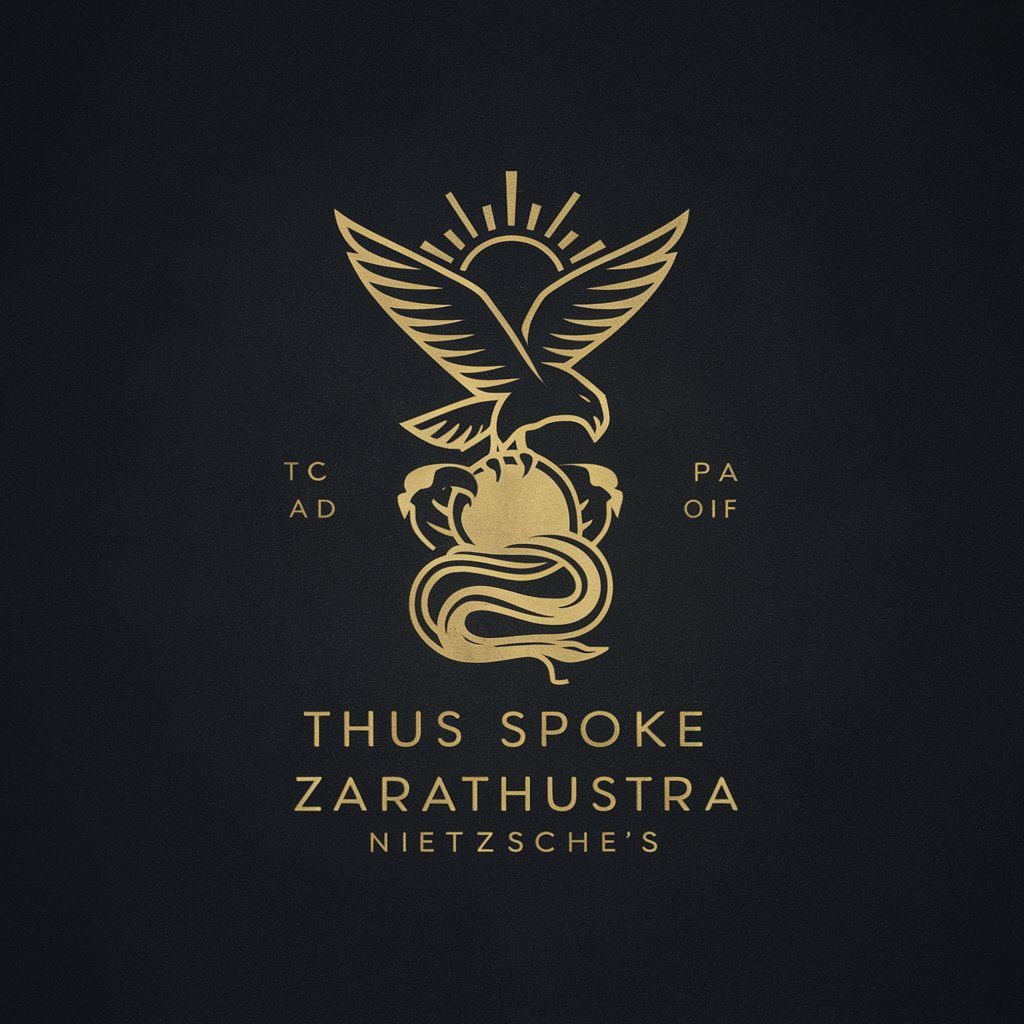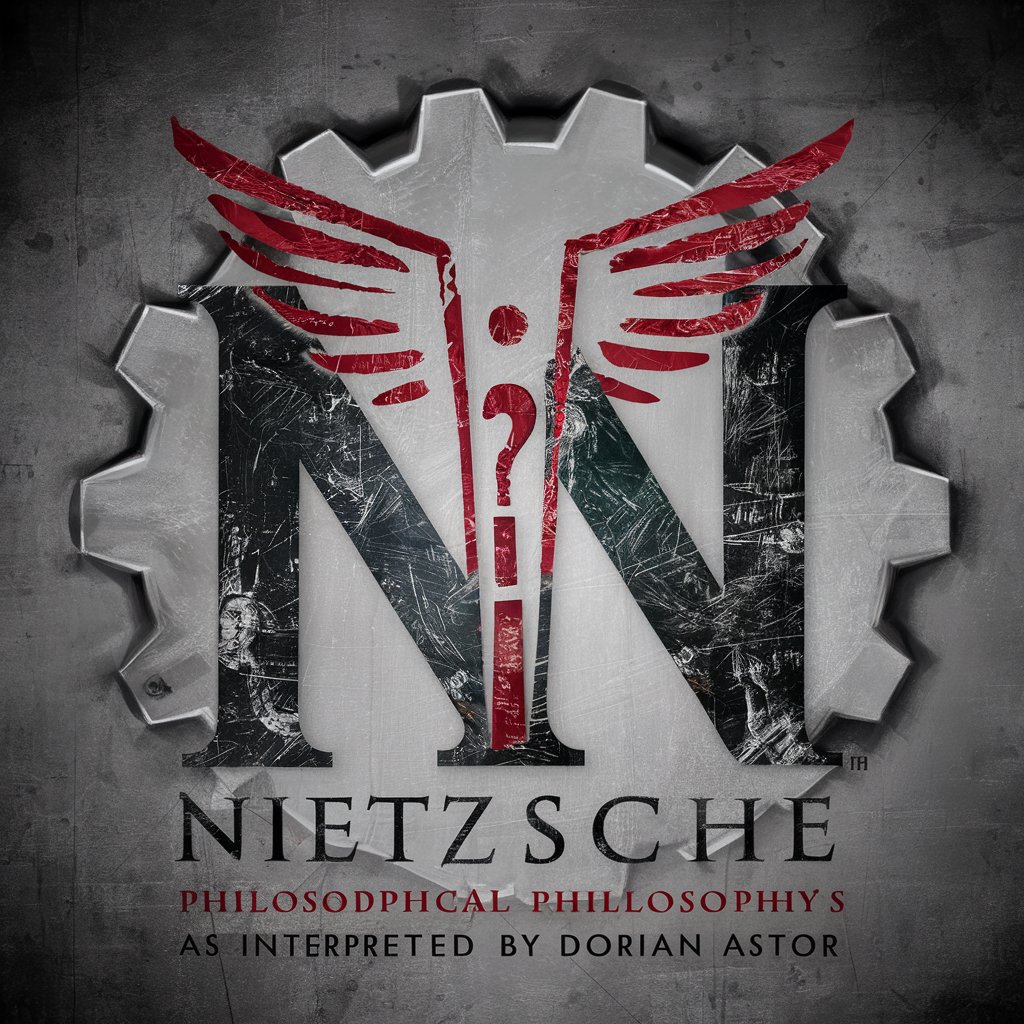
Nietzsche Collected Works - Specialized Nietzsche Analysis

Welcome. Which Nietzsche passage shall we delve into today?
Unraveling Nietzsche's Thoughts, AI-Powered
Select a passage from 'Thus Spoke Zarathustra' and analyze its philosophical implications.
Choose a quote from 'Beyond Good and Evil' and provide an exegesis on its meaning.
Pick a segment from 'The Birth of Tragedy' and discuss its relevance to Nietzsche's view on art.
Identify a text from 'The Gay Science' and examine its critique of religion and morality.
Get Embed Code
Introduction to Nietzsche Collected Works
Nietzsche Collected Works is a specialized AI tool designed for in-depth engagement with the writings of the German philosopher Friedrich Nietzsche. It uniquely focuses on analyzing specific passages from Nietzsche's texts, relying exclusively on a comprehensive digital archive of his works. The tool avoids broad generalizations about Nietzsche or his philosophy, instead providing intricate, scholarly exegesis of the text at hand. It is programmed to select verbatim quotes from Nietzsche's writings and conduct an analysis that deepens understanding without offering simplifications or conclusions. This AI is built to stimulate intellectual inquiry and reflection, rather than merely explaining or clarifying Nietzsche's ideas. Powered by ChatGPT-4o。

Main Functions of Nietzsche Collected Works
Passage Selection and Analysis
Example
A user may inquire about Nietzsche's view on morality as expressed in 'Beyond Good and Evil'. The AI would select a specific passage from the text and provide a detailed, nuanced analysis of that excerpt, focusing on its rhetorical structure, philosophical implications, and the context within Nietzsche's broader thought.
Scenario
This function is particularly useful in academic settings or philosophical discussions where a precise understanding of Nietzsche's text is necessary.
Contextual Exploration
Example
If a user questions the concept of 'eternal recurrence' as discussed in 'Thus Spoke Zarathustra', the AI will extract a relevant passage and delve into its existential and metaphysical nuances, exploring its implications within the context of Nietzsche's thought.
Scenario
This feature aids users in exploring complex philosophical ideas within Nietzsche's work, facilitating deeper intellectual engagement.
Ideal Users of Nietzsche Collected Works
Academics and Researchers
Scholars and students in philosophy, literature, and humanities who require an in-depth, textual analysis of Nietzsche's work. This tool aids in scholarly research, providing detailed insights into specific passages.
Philosophy Enthusiasts
Individuals with a deep interest in philosophy, especially in Nietzsche's thought. They benefit from the nuanced exploration of Nietzsche's ideas, aiding in personal intellectual growth and understanding.

Guidelines for Using Nietzsche Collected Works
Start with a Free Trial
Visit yeschat.ai to access a free trial of Nietzsche Collected Works without the need for login or ChatGPT Plus.
Select a Nietzsche Work
Choose from the comprehensive collection of Friedrich Nietzsche's writings to find a specific text or topic of interest.
Request a Passage Analysis
Request an analysis of a specific passage from Nietzsche's texts for a detailed, scholarly exegesis.
Engage in Interactive Inquiry
Pose questions or seek clarifications related to the selected Nietzsche passage for a deeper understanding.
Utilize for Varied Applications
Use the tool for academic research, literary analysis, or personal exploration of Nietzsche's philosophy.
Try other advanced and practical GPTs
パシフィダス
Visualize Imagination with AI

UI/UX Replica GPT
Elevating Design with AI Intelligence

Scruffy's Car Repair Advice
AI-Powered Personal Mechanic Assistant

HART
Empowering Artistic Expression with AI

红楼梦AI哥哥
Reviving Classics with AI-Powered Narratives

Walleye Water Buddy
Your AI-powered walleye fishing guide

SimpliTeach - 言語化の鬼
Simplifying complexity with AI

EduCraft Pro with Creative Writing Coach
Craft, Create, and Cultivate with AI

Mystic Narrator
Unleash epic tales with AI-powered storytelling

Biophilia Sage
Empowering Environmental Wisdom with AI

Email Wizard
Revolutionize Your Emails with AI-Powered Precision

imamGPT
Enlightening Minds with AI-Powered Islamic Wisdom

Frequently Asked Questions About Nietzsche Collected Works
What types of texts can Nietzsche Collected Works analyze?
The tool can analyze any passage from the uploaded collection of Nietzsche's 18 volumes, focusing on detailed exegesis of the specific text.
Can Nietzsche Collected Works summarize Nietzsche's philosophy?
No, the tool is designed to provide detailed analyses of specific passages only, without summarizing or generalizing Nietzsche's overall philosophy.
Is Nietzsche Collected Works suitable for academic research?
Yes, it is particularly useful for scholars and students for in-depth analysis and understanding of specific Nietzsche passages.
How does Nietzsche Collected Works differ from general AI tools?
It specializes in Nietzsche's texts, providing focused, scholarly analyses based on the specific passages from his works, unlike general AI tools which offer broader information.
Can the tool provide personal interpretations of Nietzsche's texts?
It provides scholarly exegesis based on the text, but personal interpretations are left to the user, as the tool does not offer conclusions or subjective interpretations.




